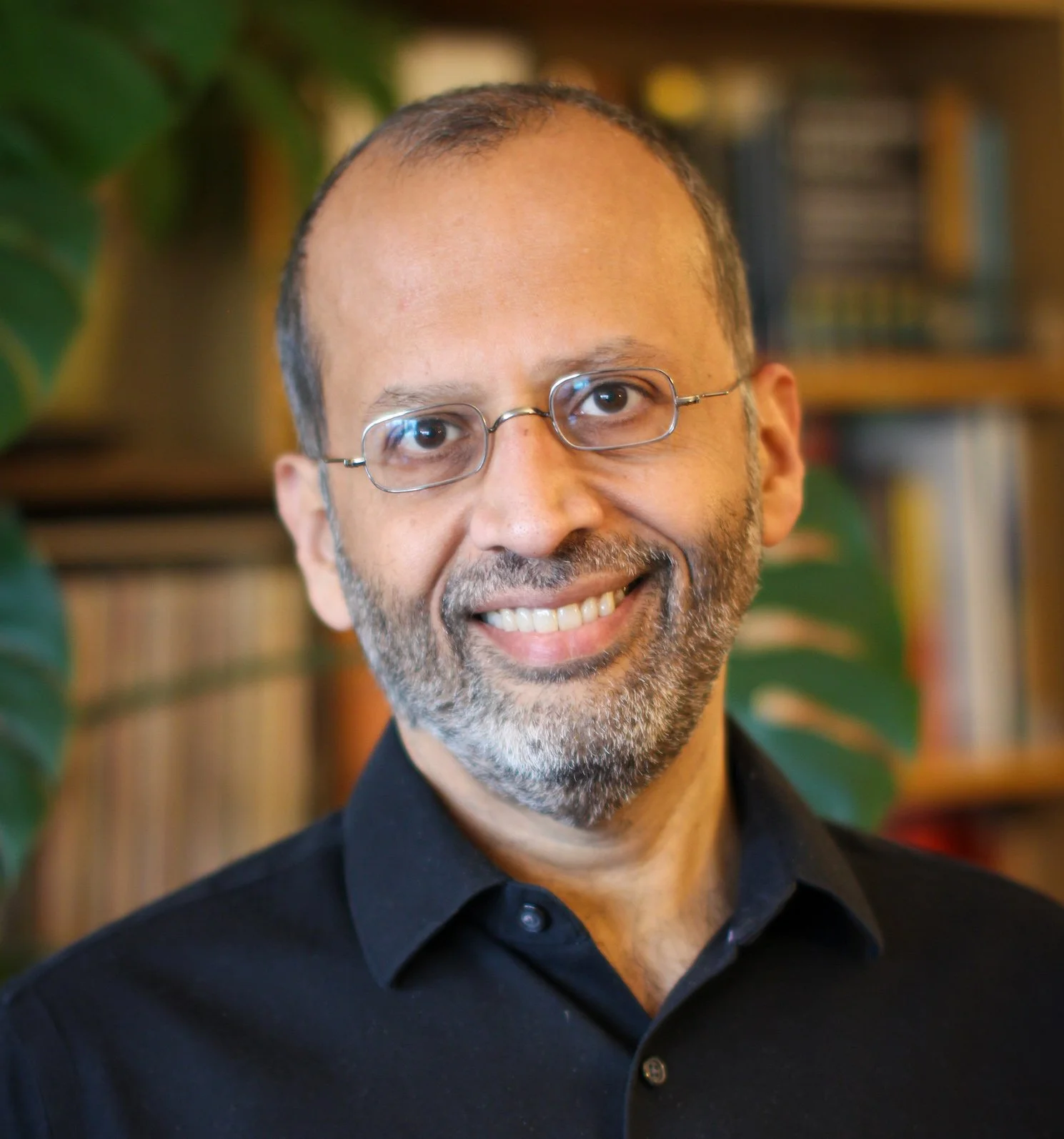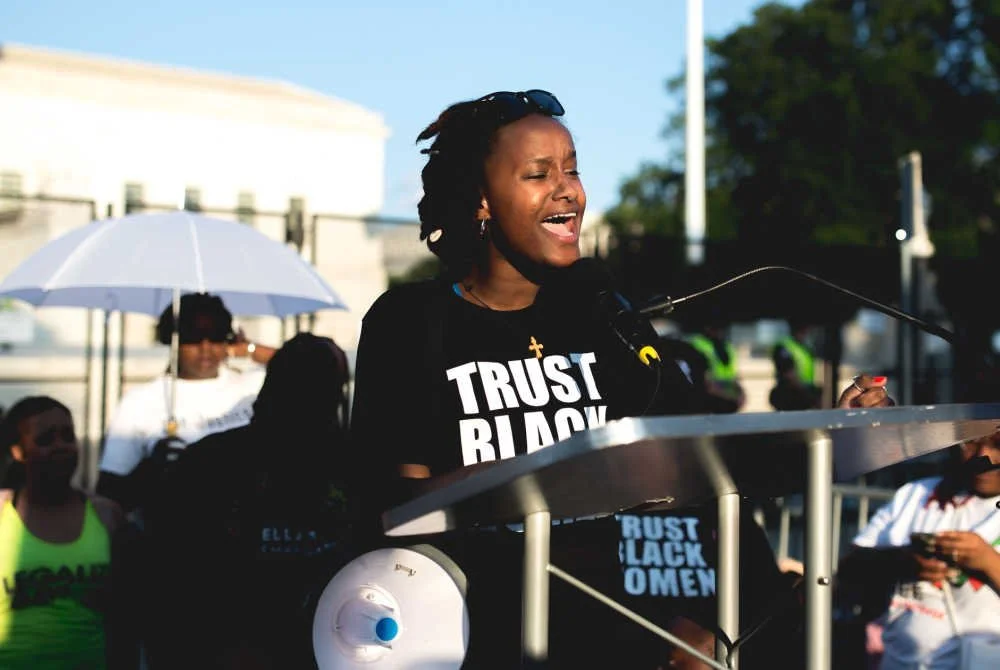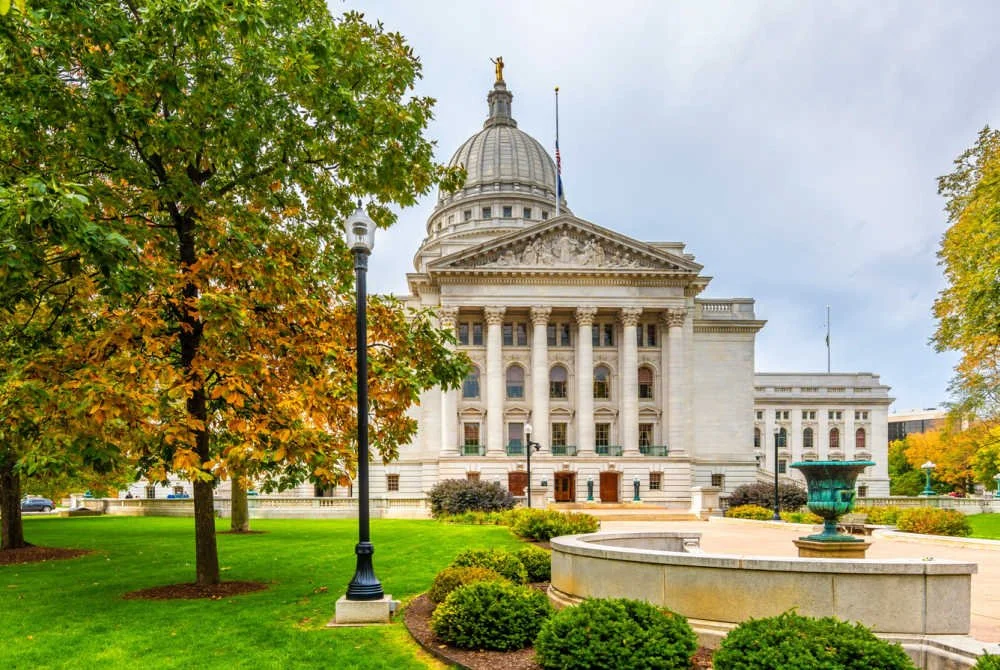Fight on All Fronts: A Progressive Group Looks to Build Political Power
/Precinct by precinct voting returns, 2016 election. New york times
Since the 2016 election, playing defense has been a constant refrain throughout the liberal funding world. And yet, despite the severe threat Trump’s right poses to all that progressives hold dear, most left-leaning philanthropies have maintained a characteristic caution in the face of an opposition sharply attuned to the power of ideology, identity and tribe. To a large extent, that reticence has limited what philanthropy can do to push back.
Meanwhile, right-leaning donors have long shown a greater willingness to back the kind of values-based movements that have the greatest power to stir change, investing in different kinds of organizations—including traditional nonprofit advocacy groups, 501(c)4s, and media outfits like Breitbart. “The conservative movement has been very effective at giving general operating support to a whole range of legal entities, utilizing a spectrum of legal entities to fight on all fronts,” said Deborah Barron, founder and executive director of the New Left Accelerator (NLA). “We typically fight with 501(c)3 dollars, and 501(c)3 activities are insufficient to win. Critical, necessary, but not sufficient.”
Related: Powerless: How Top Foundations Failed to Defend Their Values—And Now Risk Losing Everything
The 2016 election marked a major turning point in Barron’s career. Working with a group of lawyers to provide pro bono legal resources for a wave of new progressive organizations that emerged after the election, Barron quickly realized the extent of their unmet needs. “While we could match them with an attorney, legal needs were only one of their challenges,” she said.
Funds to help these fledgling organizations build capacity were (and are) sorely lacking. Even from the surprisingly small cadre of liberal funders that hit the ground running for the resistance on issues like immigration, not a lot was forthcoming. Why? Because many of the new organizations that progressive advocates formed after the election weren’t 501(c)3s, foundation grants weren’t an option to begin with.
The New Left Accelerator provides support to emergent organizations like Swing Left, Sister District and the Movement Cooperative, many of which didn’t even bother with (c)3 work and positioned themselves as political from the get-go. Initial seed money for NLA came from a 501(c)4 grant from the Open Society Foundations, and the organization gets most of its money these days from individual donations.
The centerpiece of NLA’s work is its accelerator program, in which growing organizations spend 12 to 18 months getting up to speed on things like strategic planning, fundraising, communications and organizational development. NLA’s first accelerator cohort included six organizations—Sister District, Ragtag, Lawyers for Good, Women Lawyers on Guard, Act Local, and the Movement Cooperative. For the first cohort, NLA sought groups that “provide platforms and resources to strengthen the movement as a whole,” Barron said.
A “new American majority” is the theme of NLA’s second accelerator cohort, which Barron expects to announce around August of this year. In 2016, she said, NLA’s aim was to “build infrastructure sufficiently strong enough to sustain the massive wave of civic engagement” that Trump’s unexpected win generated on the left. “Looking forward, it’s most critical to move a diverse new progressive coalition. We’re more likely to win policy battles by including women, youth and communities of color.” NLA also provides shorter-term technical assistance to emerging progressive groups.
And it’s just as true now as it was in 2016 and 2017: There are a lot of new progressive movement groups out there vying for support. Over 40 were nominated for NLA’s second cohort. But despite the recent emergence of resource providers like NLA, the progressive left still relies for the most part on foundation funding, and that means a whole range of restrictions that prevent funders from supporting non-501(c)3 work. Not all of those restrictions are even legally obligatory, Barron notes. Rather, they stem from a philanthropic culture that has long felt a need to position itself above ideology and politics. “Yet that means that we’re playing with one hand tied behind our back,” she said.
NLA is just one of many new entities probing the political line in the sand that has constrained many mainstream foundations to technocratic approaches and incremental goals. Philanthropy’s recent entrants into 501(c)4 funding include some of the biggest names in the game, like the Chan Zuckerberg Initiative and Arnold Ventures. Their policy aims vary, but they all seem to recognize the limits of traditional philanthropy as a tool to propel change.
Likewise, places such as New Media Ventures and Propel Capital have become notable funding hubs for entrepreneurial progressives, mixing c3 and c4 funding and drawing their models from VC investing. New Media Ventures has always been associated with the progressive movement, but in the 2016 election led Propel to a major new focus on supporting the grassroots left.
Related:
When Philanthropy Is Not Enough: A Top Donor Couple Takes a Broader Approach to Impact
Into Battle: The Chan Zuckerberg Initiative Steps Up Its Advocacy Giving
Inside the Omidyar Network, New Thinking About a Changed World
The New Left Accelerator is a 501(c)4 entity in the business of supporting other non-501(c)3 groups. But like many of the LLCs and venture funders blurring lines right now, it also has a 501(c)3 component, which it calls the Capacity Shop. Barron and her colleagues want to encourage more left-leaning foundations to embrace a wider range of funding strategies. Drawing on its work over the past two years, NLA put together a white paper detailing how philanthropies can better support progressive movement organizations.
One theme is that movement groups need a variety of legal structures to be effective, including LLCs, PACs and 501(c)4s. NLA suggests foundations can offer capacity support to help grantees navigate hybrid legal structures, and remove “unnecessary” restrictions on the kinds of work that grant money can support.
Another suggestion mirrors what we’ve heard from many civic engagement advocates: Movement groups need continual funding in the form of multi-year general operating grants, not just spurts of support as elections draw near. NLA also recommends that funders pay more attention to back-office operations and tailor their offerings to help early-stage organizations achieve scale, a “process that can be painful for a lot of organizations,” Barron said.
The paper also echoes calls for left-leaning funders to do a better job looking inward. That can mean giving grantees “the space to be candid” about their needs, or doing more to invest in rising movement leaders from underrepresented communities, despite their lack of fundraising experience and elite connections. Progressive funders won’t realize their goals without engaging in new legal tactics, Barron said. “That means combining funding with capacity-building support to get policy passed and hold elected officials accountable.”
Mainstream and liberal foundations have long believed in the need to carefully nurture reputations as pragmatic, apolitical institutions guided by reason and research. Conservative grantmakers and donors have taken a different approach. Seeing their values under attack by an overreaching administrative state and the leftward shift of American culture, these funders have focused on building political power over the long term.
If wealthy progressives want to play defense today, it’s probably a good idea to look at how their adversaries successfully pared back the legacies of the New Deal and Great Society, hobbled labor, stymied climate change regulation, and are just now gearing up to strike a death blow to Roe v. Wade.
Related:







































